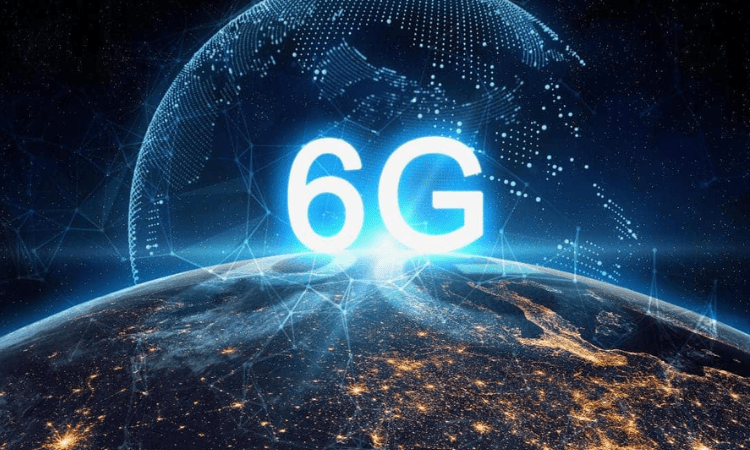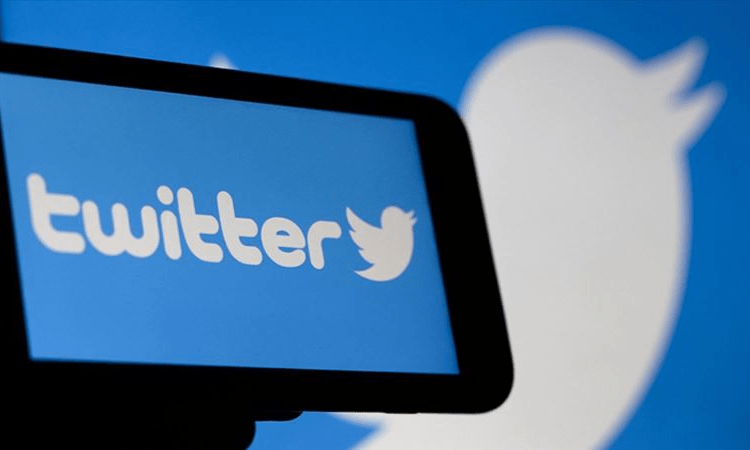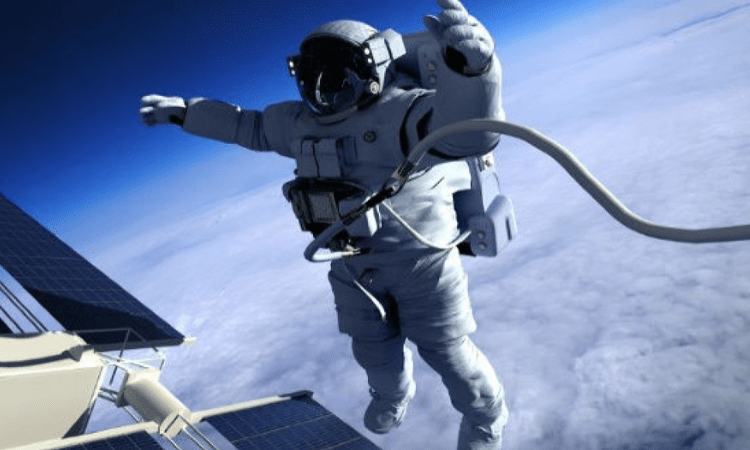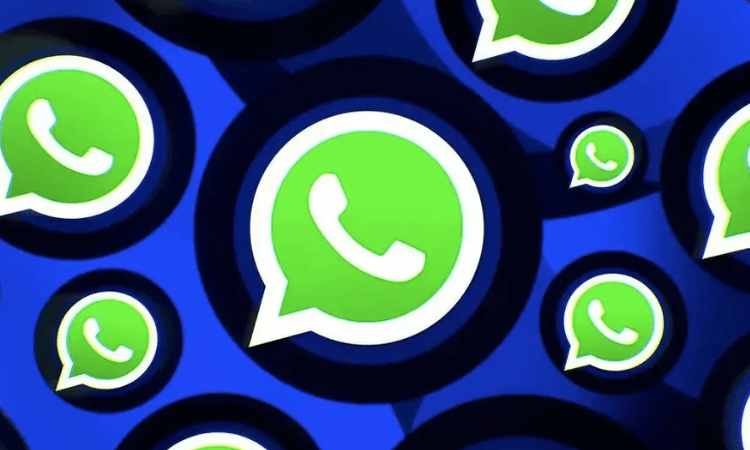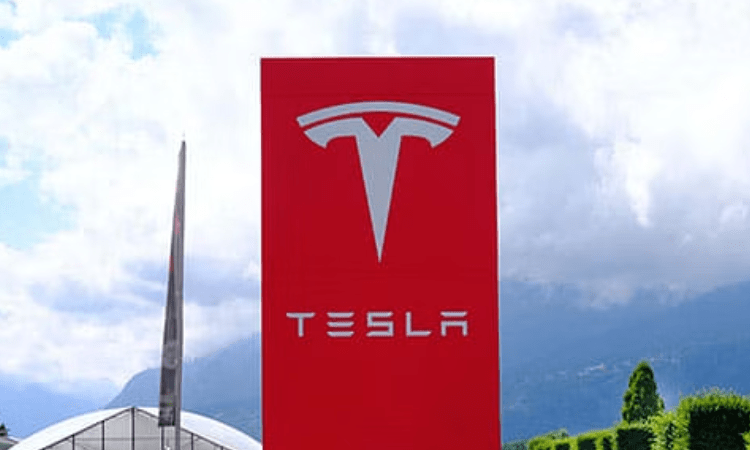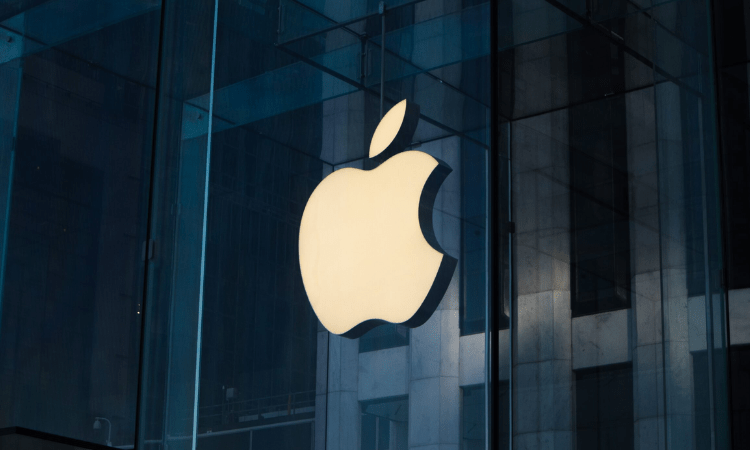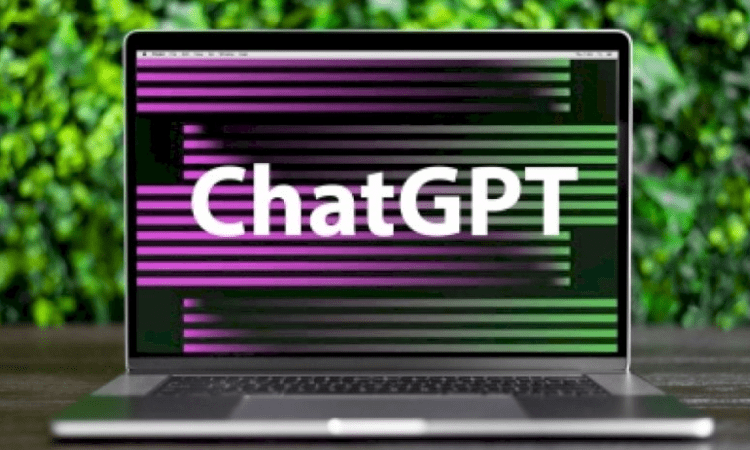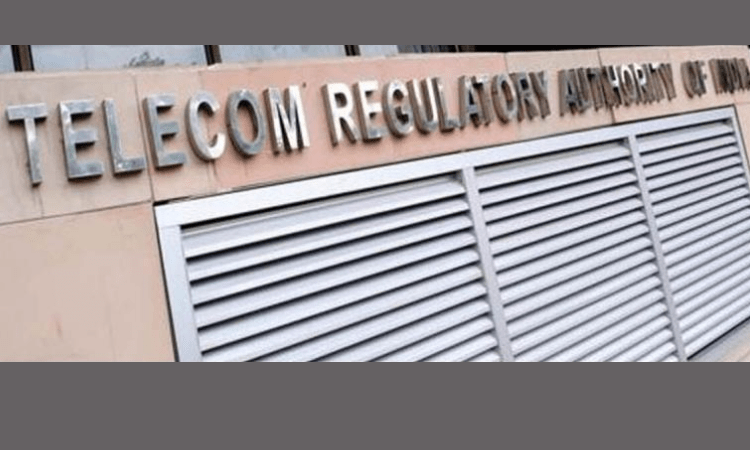South Korea plans to launch the sixth generation network service in 2028, two years earlier than its original schedule, in a bid to secure an early dominance of the future wireless frequencies, the ICT ministry said on Monday.
Under the K-Network 2030 plan, the South Korean government will advance the launch of the commercial service of the 6G network by two years through securing world-class 6G technologies, innovating the software-based next-generation mobile network, and strengthening the network supply chain, according to the Ministry of Science and ICT.
At the same time, the government will also encourage local companies to produce materials, parts, and equipment for 6G technology in the country and develop an open RAN, or open radio access network, which is compatible with any mobile device and enables mobile carriers and enterprises to offer flexible services, reports Yonhap news agency.
For the plan, a feasibility study for a research and development project on core 6G technologies worth 625.3 billion won ($481.7 million) is underway, the ministry said.
The ministry said the advanced plan is aimed at helping the country retain the leading position in the global competition for future network infrastructure, following the 5G network race, to meet rising demand for higher speed and lower latency in wireless communications.
According to the German analysis firm IPlytics, South Korea has led 5G development with a high number of 5G patents, while previous 4G technology development was mostly dominated by U.S. and European companies.
Asia’s fourth-largest economy accounted for 25.9 percent of the number of 5G patents last year, closely following the market leader China with 26.8 percent.
The South Korean government said it will raise the figure to 30 percent or over in the upcoming 6G network patent competition.


